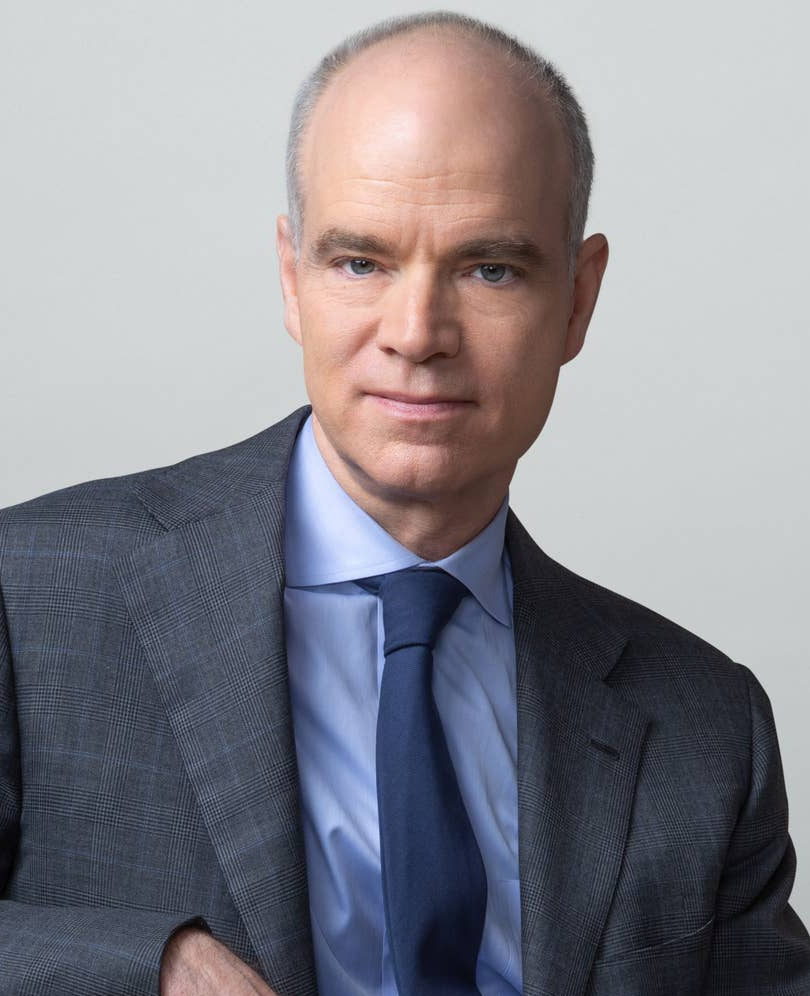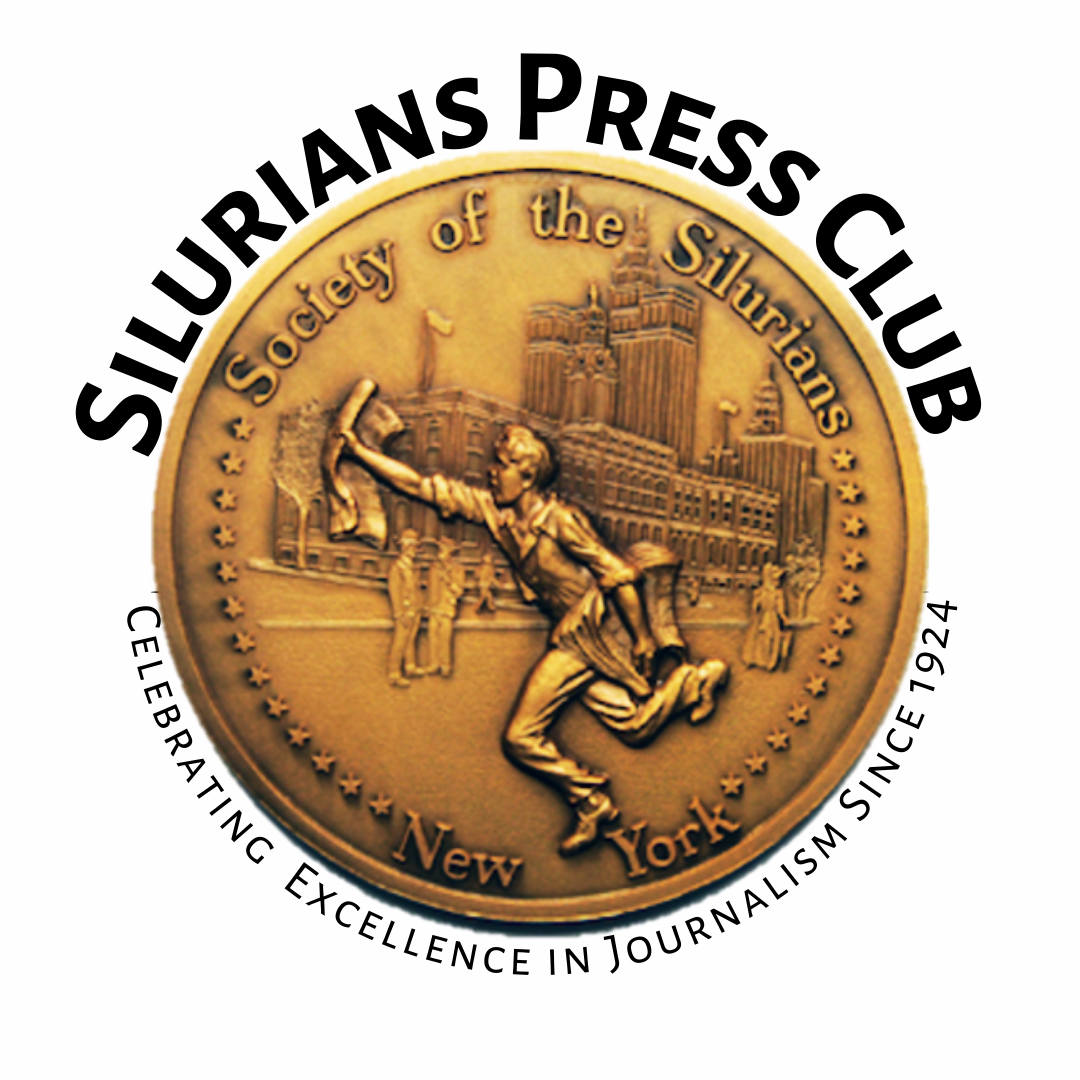
Joe Kahn
Times Exec Editor Joe Kahn Fears Erosion of Journalistic Values
By Mel Laytner
New York Times Executive Editor Joe Kahn believes higher education is failing to teach students to appreciate “vigorous debate from rival sides”—and that’s making hiring staff more challenging.
Speaking to a packed Silurian luncheon on April 17, Kahn said that the assumed traditional journalistic values of neutrality and objectivity could no longer be taken for granted.
In a wide-ranging interview with Silurians President Joe Berger, Kahn also said that with more than 10 million paid digital subscribers, his focus was on producing “the best multimedia digital report for the largest possible audience.”
To that end, he disclosed the Times would distribute its election coverage “in vertical video form” on Instagram and Tik-Tok because that’s where millions of Americans get their news.
The Times, he said, was exploring ways that AI could help journalists do their jobs but not replace the reporter’s essential role.
He admitted getting into “a little bit of hot water, actually, with some parts of our staff” over his comments about the shortcomings of higher education in a recent Wall Street Journal article.
The Journal also reported that a Times investigation into whether staffers leaked confidential information about its Gaza war coverage had been closed without any conclusive finding. The Newspaper Guild had filed a grievance accusing the Times of targeting staffers of Arab or Middle East descent, a charge the newspaper denied. Some reports framed the dispute as between older and younger staff members who have very different views about journalism’s mission.
Nevertheless, the two-time Pulitzer Prize winner doubled down on his comments in the Journal article.
“I think people are, in my view, less open to vigorous debate from rival sides on the key and divisive issues of the time,” Kahn said.
He put the onus on “colleges, university environments, and even journalism schools” that “are not doing a very good job of preparing people for what we consider to be our journalist mission, which is, as we’ve said very clearly …independent journalism.”
Looking the room over, Kahn said, “I’m talking to a group of veteran journalists who all know that. When I talk to a group of younger people about this it begins as an argument. And the argument isn’t easy.”
The Times has had to “invest heavily in building the culture that we want, rather than assuming that there will just be shared values among our staff and that we can refer in shorthand,” he said, “Because there is no shorthand.”
As a result, Kahn said, “we have had to be much more selective in terms of who we hire. We have put into place much more rigorous kind of interview panels.”
The goal is to recruit “young people who are more open-minded, and then investing in the effort to create the culture and the incentive system for people to do that kind of journalism.”
While paid digital subscribers has surpassed 10 million, Kahn noted print circulation continues to fall every year. As a result, “I am not spending much of my time honestly on print.”
Instead, “My job has to be to produce the best multimedia digital report for the largest possible audience that I can.”
Despite having 10 million online readers, Kahn said many millions of people no longer get their news from news-specific web sites like the Times or CNN, nor even from Google searches, but “passively, in their (Tik-Tok or Instagram) feed, usually in vertical video form.”
“Unless we’re investing in trying to repackage our coverage and help make it available to them, they’re not going to see it,” Kahn said.
Turning to the challenges and controversies surrounding AI, Kahn said, “Honestly, it isn’t hard for me to imagine that some of the things that people and newsroom staffs do today could either be simplified, enhanced, sped up, made more efficient by AI.”
He said the Times was exploring ways of using AI and “look at everything that we do with an open mind and say, is there a way that these tools could help us do it better?”
He recalled an observation by a Times editor who compared “the early days of AI and the media’s reaction to it with the early days of the Internet and the media’s reaction to it – and we don’t want to miss that boat again.”


